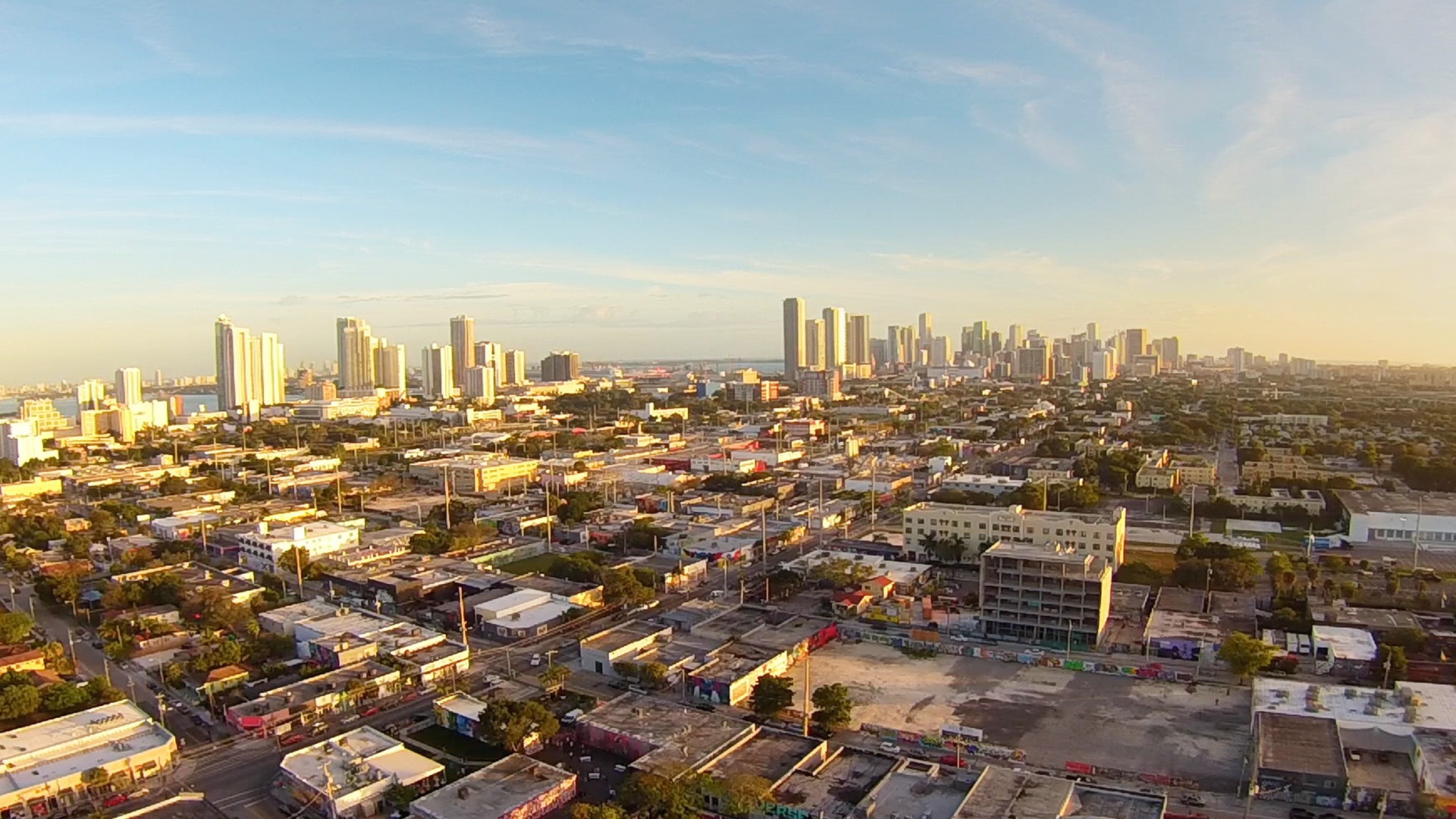Image via Flickr
This is an opinion piece by Christiana Figueres, Former UN climate chief and convenor of Mission 2020.Impossible is not a fact, it’s an attitude.We have a golden window of opportunity, unique in history, to send carbon pollution on a downward curve by 2020. We can’t be late.CO2 levels are higher than they have been for millions of years – levels this high were last seen during an era in which humans did not exist and sea levels were 20 meters higher than today.The impacts are already severe. Not including the thousands of disrupted lives, the emotional toll or harm to communities, experts estimate that the cost of damage from just two hurricanes, Harvey and Irma, will likely exceed $150 billion. Puerto Rico had about 80 percent of its crops wiped out and around 60 percent of the country is still without power. In a matter of days, wild fires turned communities across Northern California into ash. Heat records are set and broken at a pace that demands action.
Check out more videos from VICE:
Greenhouse gas emissions in the U.S. peaked in 2007, and continue to fall, even as GDP goes up. The U.S. solar industry added 2.4 GW of capacity in the second quarter of 2017 (about 11 million solar panels), marking its second-largest quarter in history. That’s enough to power around 331,000 average U.S. households for a year.Solar and wind are creating jobs about 12 times faster than the rest of the economy. Renewable energy already employs more than four times the number of people employed by oil and gas extraction and more than 10 times the number in coal mining. This is the beginning of renewable energy’s exponential growth.In the famous city of lights, Las Vegas is now running its city utilities on 100 percent renewable energy, and casinos are unplugging from the state utility. NV Energy lost nearly 6 percent of its customer base last year when MGM Resorts International and Wynn Resorts terminated their contracts, with a combined penalty of over $100 million, so they could buy cheaper, cleaner power elsewhere. Caesars later paid $47.5 million to quit. These sums sound huge, but they’re a smart bet based on where we’re going.Let’s vote. In the US, the 2018 election is crucial. And elected leaders need to hear from voters all the time. We need to demand policies that facilitate the spread of renewable energy, stop coal subsidies, and establish zero-emissions zones in our cities so we can all breathe easier.Let’s talk about big money and ask our banks to charge a premium in interest rates for high-carbon projects, or simply no longer finance them. Banks can also require carbon footprint disclosures from those who benefit from their lending.Let’s improve agriculture. The food we eat and how it gets to our table matters. 2018 is the year to stop deforestation for commercial commodity supply-chains, and to decrease our red meat consumption.Let’s hold each other accountable. Governor Jerry Brown will convene a global climate summit in California in September 2018. Showcasing the progress taking hold across the U.S. and the world will make it near impossible for governments not to step up in tandem. I expect to see mass global mobilization ahead of that moment, as we saw ahead of Paris in 2015.Let’s step up. When big political forces put walls in the way of progress, let’s foster our inner stubborn climate optimist. We can and we will bend the curve of emissions toward a better future for everyone.Christiana Figueres will hold a press conference to discuss our unique challenge during COP23 in Bonn on Monday, November 13th at 10.30am Eastern. The press conference will be moderated by Sharan Burrow, General Secretary of the International Trade Union Confederation. Tune in live via: https://unfccc.cloud.streamwor… or https://www.facebook.com/VICEImpact/. You can ask questions in the comment box or on Twitter using the hashtag #2020dontbelate.
Advertisement
Reducing this harm represents an extraordinary opportunity to modernize our transport and energy, to clean our air and improve our health, to create jobs, to create more livable cities and to use land in a smarter, more sustainable way.Progress is already underway.When big political forces put walls in the way of progress, let’s foster our inner stubborn climate optimist. We can and we will bend the curve of emissions toward a better future for everyone.
Check out more videos from VICE:

Greenhouse gas emissions in the U.S. peaked in 2007, and continue to fall, even as GDP goes up. The U.S. solar industry added 2.4 GW of capacity in the second quarter of 2017 (about 11 million solar panels), marking its second-largest quarter in history. That’s enough to power around 331,000 average U.S. households for a year.Solar and wind are creating jobs about 12 times faster than the rest of the economy. Renewable energy already employs more than four times the number of people employed by oil and gas extraction and more than 10 times the number in coal mining. This is the beginning of renewable energy’s exponential growth.
Advertisement
But, all that progress doesn’t mean the Paris agreement goals to limit dangerous warming are a foregone conclusion. That global pact was a generation in the making. We are the generation that absolutely must to live up to its promise. Surviving climate change is a race against time, and 2020 is our first test. If we don’t speed up the transition to renewable energy, we will not hit the 2020 emissions downward curve, and we will not be able to eliminate carbon pollution by the end of the century. The time between now and 2020 is absolutely critical.Global diplomats are gathering in Bonn, Germany now to make sure we’re on track to get there. Today, as never before, governments and private institutions have unprecedented backing for more ambitious action. We need to remind them of that mandate.Reducing this harm represents an extraordinary opportunity to modernize our transport and energy, to clean our air and improve our health, to create jobs, to create more livable cities and to use land in a smarter, more sustainable way.
Advertisement
